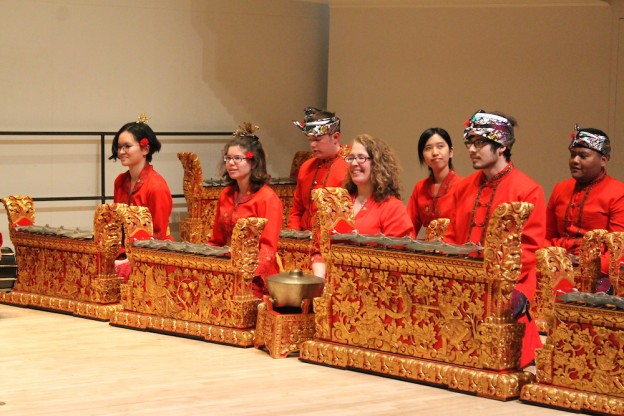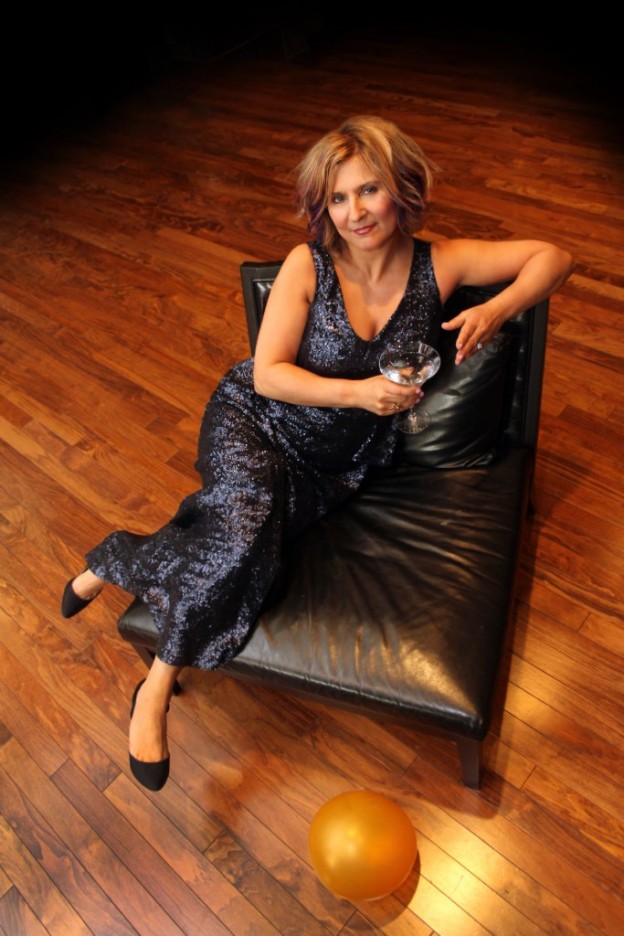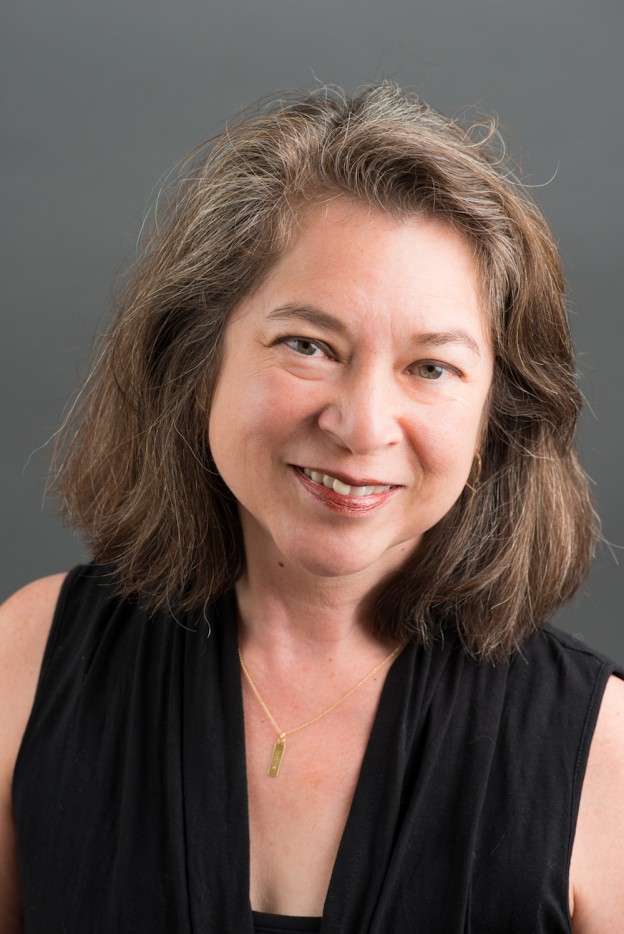To commemorate Gamelan Semara Santi’s twentieth anniversary season, the ensemble, comprised of Swarthmore students, faculty, staff, and community members, will perform two concerts. One in Lang Concert Hall on Sunday, April 8th, and the other on April 15th in South Philadelphia’s Hawthorne Park, the performances will feature Balinese music and dance performed in a variety of styles.
The second concert joins other activities designed to celebrate Gamelan’s twentieth anniversary through explorations of Balinese and other Asian styles of music. Earlier in the semester, the Department of Music and Dance hosted Indonesian dancer Didik Nini Thowok, who held a guest lecture and demonstration on cross-gender traditions in Balinese and other dance styles. The first performance will be shared with the newer Chinese Music Ensemble.
The decision to hold a second concert in Hawthorne Park is significant. According to co-director and Professor Thomas Whitman, there was “virtually no Indonesian community in Philadelphia” in 1997, when he began teaching gamelan at Swarthmore. He continues, “In the wake of Indonesian political and economic instability in the late 1990’s, however, there was large influx of immigrants from Indonesia, many of whom settled in South Philadelphia.” Following contacts made with the new community and the support of the College, transporting the group to the city became more of a possibility. “Swarthmore’s full ensemble has never performed for an audience of Indonesian-Americans…so we thought this would be an appropriate capstone for our 20th anniversary season.”
Hawthorne Park joins previous off-campus venues that the ensemble has performed at such as the Kimmel Center and Longwood Gardens. The instruments, created by I Wayan Beratha, arrived on campus in the fall of 1997 and have since been featured in biannual concerts at Swarthmore College. Gamelan Semara Santi’s name was derived as a tribute to Swarthmore College’s Quaker roots, merging the name of the Balinese god of love (Semar), and “santi,” the Sanskrit word for “peace.”
The collection of instruments is tuned in the pelog system, which is realized as a repeating sequence of five notes named for the Balinese vowel sounds. Among the instruments, the largest is the gong; in gamelan music, the gong occupies a central role and, with the kempur and kemong, defines the cyclical pattern through which the nuclear melody takes shape. This melody, contrary to much of traditional West European musical practice, is voiced through the lower-toned instruments jegogan and calung and enhanced by a number of gangsas. Accompanying this basic distribution of instruments are, depending on the style, the kajar, reyong, suling, kendang, ceng-ceng, and gentorag.
During its upcoming concerts, Gamelan Semara Santi will perform one piece from the Gamelan Semar Pegulingan repertoire, which rose in prominence during the nineteenth century and is characterized by a slower and more regular gong cycle. We will also perform two pieces of the rapid and dynamic Gong Kebyar style, which evolved in tangent with Bali’s rapid sociocultural and political changes around the turn of the twentieth century.
I am incredibly grateful to the directors and group for making Gamelan a central part of my Swarthmore education since freshman year and am honored to be able to participate in our twentieth anniversary concerts. I am excited to share what we have learned in both the Lang Concert Hall and Hawthorne Park!
Jacob Demree ‘19


